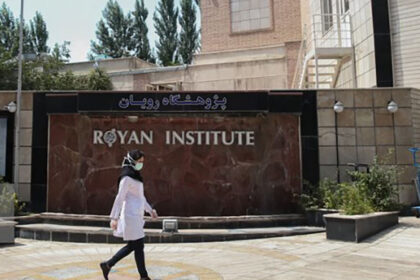Sloan Kettering Cancer Center researchers have discovered that dysfunction of a gene called Mre11 can cause overactivation of the innate immune system and eventually lead to cancer. This new finding deepens our understanding of the link between the immune system and cancer and could help develop new treatments to fight cancer.
According to the medical and health news service of Tekna Technology Media, in addition to fighting infections, the body’s immune system plays an important role in maintaining the health of the genome. The genome is a collection of genetic instructions that exists in every cell and maintaining its health is necessary for the cells to function properly.
The Mre11 gene is part of a protein complex responsible for detecting and repairing DNA damage. When this gene does not work properly, DNA damage is not repaired properly and this can lead to genetic mutations and eventually cancer. In their studies, researchers have shown that Mre11 gene dysfunction causes excessive activation of the innate immune system. This excessive activation can damage cells and increase the risk of cancer.
Researchers have investigated the mechanism of this relationship by conducting experiments on cells and animal models. They found that when the Mre11 gene is disrupted, cells mistakenly think they are under attack and thus activate the immune system. This constant activation of the immune system can damage DNA and increase the likelihood of cancer-causing mutations.
This discovery shows that dysfunction of the Mre11 gene can be one of the important factors in causing cancer. By better understanding this mechanism, researchers can find new ways to treat cancer. For example, they could develop drugs that inhibit an overactive immune system or help repair DNA damage.
To see the latest news, refer to the scientific news page of Tekna Media.
RCO NEWS


















